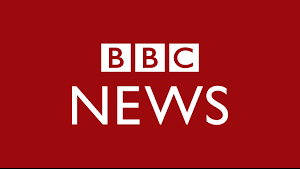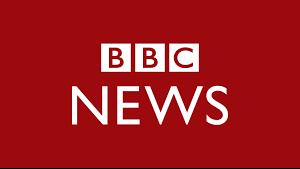What do liberty, equality and fraternity mean to France now ?


There are few phrases in France that can summon up feelings of pride and solidarity quite like this one.
It turns up on coins, on parking fines, at protests and at press conferences, on monuments, town halls and primary schools.
« Liberty, equality, fraternity, » is seen as the safe-house of French identity, and yet the nation’s daily complaints are of inequality, divisions and abuse of power.
That’s no coincidence, says Christian Makarian, deputy editor at the weekly current affairs magazine L’Express.
« Bastille Day is a way to celebrate the past, to celebrate the famous triangle of core values, » he says, "but everybody knows that we must give a new definition to these values today.
« 'Liberte, egalite, fraternite’ worked in a country with a cultural unity, but with cultural diversity, is this triangle still effective? »
It’s such a tricky question, he says, that the country’s politicians find it easier to keep celebrating the past than tackle what these concepts might mean in France today.
But, he adds, « repeating is not the same thing as believing ».
In the midst of new debates brought by globalisation and the growth of multicultural identities here, the motto is seen as a refuge by many French people – a way to capture unity despite the nation’s differences and divisions, in the way the French football team posed as a national emblem of its modern, multiethnic society.
But modern life has also changed what freedom, brotherhood and equality mean to people here.
Expectations – of living standards, cultural expression, and individual identity – are very different now compared with post-Revolutionary France.
As Marc-Olivier Padis of the left-wing think tank Terra Nova puts it, « the words are the same but meaning has changed ».
That was highlighted by the attacks here last year.
Amid the shock and fear at being attacked from within, French people marched in support of freedom, spoke about brotherhood, and wanted to show solidarity.
But, says Marc-Olivier Padis, they also began a new debate.
The concept of fraternity was somewhat neglected before the attacks, he says, but « because of them, fraternity has gained a new meaning; that it’s not just an attachment to the country, but also to everyday relationships ».
Christian Makarian agrees.
« Brotherhood was the most forgotten branch [of the motto], » he says.
"When I was a student, it was considered completely old-fashioned, utopian and senseless.
« But with ethnic questions, and the rise of terrorism and jihadism, brotherhood has taken on a new significance. »
If the questions are clear, the answers are not always easy.
And the Socialist government hasn’t always seemed in step with its citizens.
Its now-abandoned proposal to strip French nationality from dual-citizens convicted of terrorist offences sparked outrage from many within the president’s own party, who said it flew in the face of France’s cherished equality.
And what was also interesting about that, says Terra Nova’s Marc-Olivier Padis, is that it showed the public « cares more about equality than about liberty ».
After the attacks, he says, « people are accepting of quite far-reaching security policies that would have been unacceptable a few years ago, but the dual-nationality debate shows how much we care about equality ».
« [President Francois] Hollande was looking for a symbolic decision to show he was doing something, but he made the wrong choice, » he says.
Equality is among the touchiest of subjects here.
In a country that sees itself as representing universal values, economic inequality is growing and divisions are appearing between generations, territories and ethnic groups.
Many Muslim and North African citizens complain of discrimination in a French state that doesn’t officially recognise different ethnic or religious groups, while the status of France’s Christian history is fiercely debated.
After the attacks, " says the Socialist Party spokeswoman Corinne Narassiguin, « we kept repeating ['liberte, equalite, fraternite, '] and there was a sense that they’re just empty words – that things might be getting better objectively, but people don’t feel it in their daily lives. »
Equality is at the core of France’s political tradition, agrees Marc-Olivier Padis, and yet the welfare state doesn’t seem able to stop the trend towards inequality, and the society doesn’t seem to have any answers either.
Corinne Narassiguin worries that, in this climate, there’s a risk the country will become more isolated.
« We feel there’s something universal about our values, » she says, "and that means being open to the world, taking part in the world, being a beacon in the world.
« This situation creates an atmosphere where people think we should close down and be suspicious of other French people, be suspicious of other countries. »
Another Socialist MP, Karine Berger, believes that, these days, « jealousy is more of a shared feeling than equality ».
When it comes to the concept of liberty, equality and fraternity, she says, « there is a part of our country which cannot believe that this will protect them against the dangers of disappearing borders, or globalisation, and this fear is rising ».
« It’s still something that works, » she says. "I don’t know how much longer it will keep on working, but [for now] these three words are still a reality.